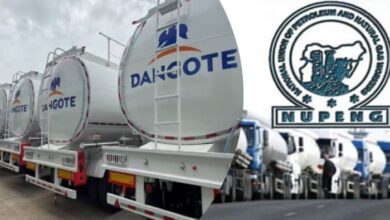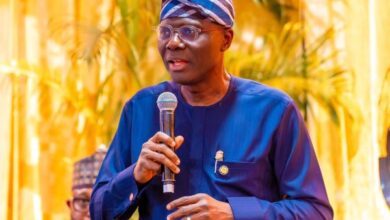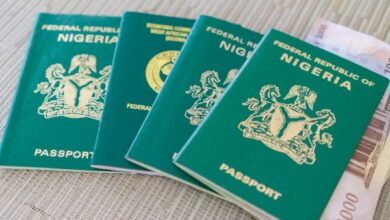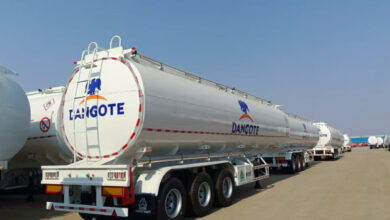You are a Public Property, Disclose your Health Status – Wole Soyinka
 Nobel Laureate Professor Wole Soyinka has said that there is no point hiding President Buhari‘s health status as he has become “public property” by reason of his position.
Nobel Laureate Professor Wole Soyinka has said that there is no point hiding President Buhari‘s health status as he has become “public property” by reason of his position.
“Why is the president hiding his state of health? He’s supposed to understand he’s public property, me I’m still private property, that’s why I’m not in Aso Rock,” Soyinka said.
He also urged the president and his team, to make his state of health public so as not to compound the problems of the country with the uncertainty of the nation’s leader’s health status.
President Buhari has missed the weekly Federal Executive Council (FEC) meeting for the last three weeks. He was absent the two times it held in that period and the third (last week’s meeting) did not hold due to the Easter holiday.
He was also absent during Friday’s Jumat prayers at the State House mosque.
His spokesman, Garba Shehu had said that the president is taking things slowly, following the advice of his doctors so that he can recover fully from treatment he underwent in London.











